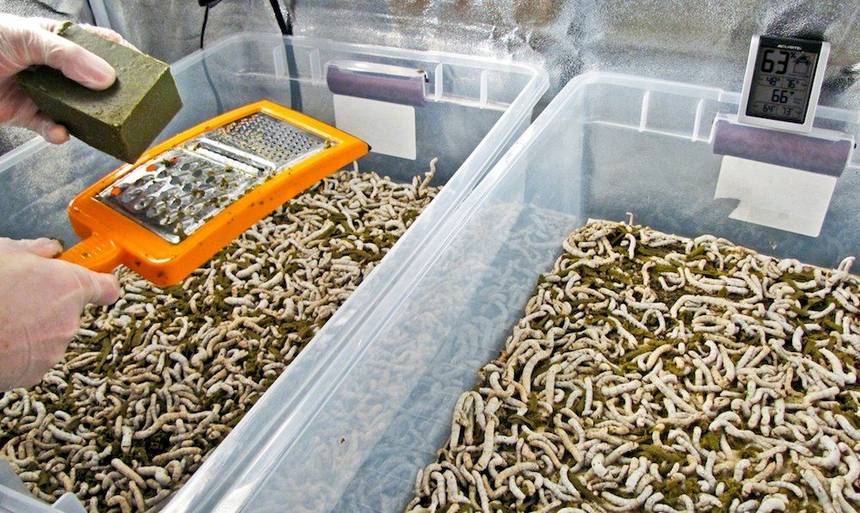

Muscat: Insect farming as a source of food protein has promising potential in the Sultanate once suitable legislation is in place to drive the growth of this industry, according to a scientist at Sultan Qaboos University (SQU). Dr Mohammed al Ruzaiqi, a scientific researcher along with College Supervisor Dr Ali al Raisi, cited the presence of insects in the diet of many Omanis in times bygone as grounds for exploring the potential for a thriving insect-farming sector in the Sultanate. According to scientists, insects such as locusts and bee larvae used to be part of the diet of some Omanis in antiquity. With global food demand expected to outstrip supply amid soaring population growth, the time has come for edible and protein-rich insects to be farmed for human consumption, says Al Raisi.
An estimated 250 million people around the world are thought to lack adequate protein in their food intake. While searching for protein alternatives, researchers have found that insects can be an important and viable source of the commodity for humans. The small but growing insect farming sector has attracted investments in countries as far afield as Canada, Holland, Italy and Switzerland, although the focus is primarily on animal feed production. In Oman, attempts are still embryonic, according to the researchers. “If we talk about future of food, I believe that insect farming will be a good source of nutrition for food,” said Dr Al Ruzaiqi. “Of course, we are still a long way from ‘insect-burgers’ and the like, but we should find alternatives that include insects in our diet.
This could be achieved by extracting some components from insects.” In insect-farming, harvested bugs are processed into protein-rich food for fish, poultry and even pets. After being fattened up, the fly larvae will be roasted, dried and bagged or pressed to extract oils, then milled into a brown powder that smells like roasted peanuts. “This will increase food output four-fold and also reduce the consumption of water as well as the emission of harmful gases such as ammonia and methane.”
“In some countries today, palm weevil, cockroaches, beetles and field crickets are eaten fresh,” said Dr Al Raisi. “This helps to cut waste and it is healthier if the insects are fed on healthy ingredients. Some insects contain about 80 per cent of digestible protein.” At the same time, some countries like Canada, for example, have worked to process insects and sell the resulting components into a powder extract to be used in the food industry, he noted. The important future step in Oman is to update the regulations and laws to allow such industries, says Dr Al Ruzaiqi. “We can be pioneers in the introduction of insect-based delicacies in restaurants in Oman. This will help promote tourism in Oman as a third of the world’s population includes insects in their diets.”
Oman Observer is now on the WhatsApp channel. Click here



